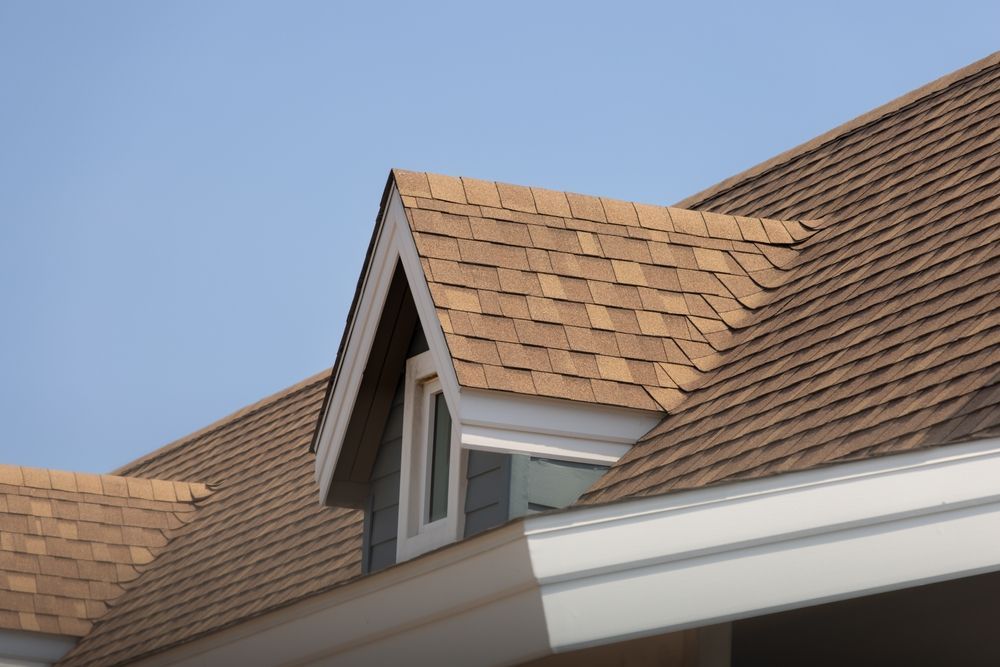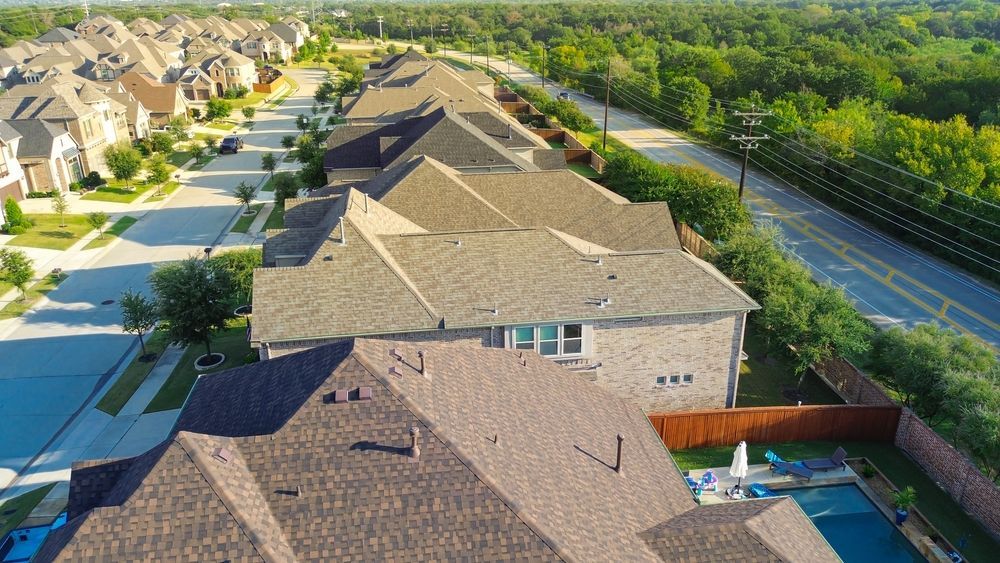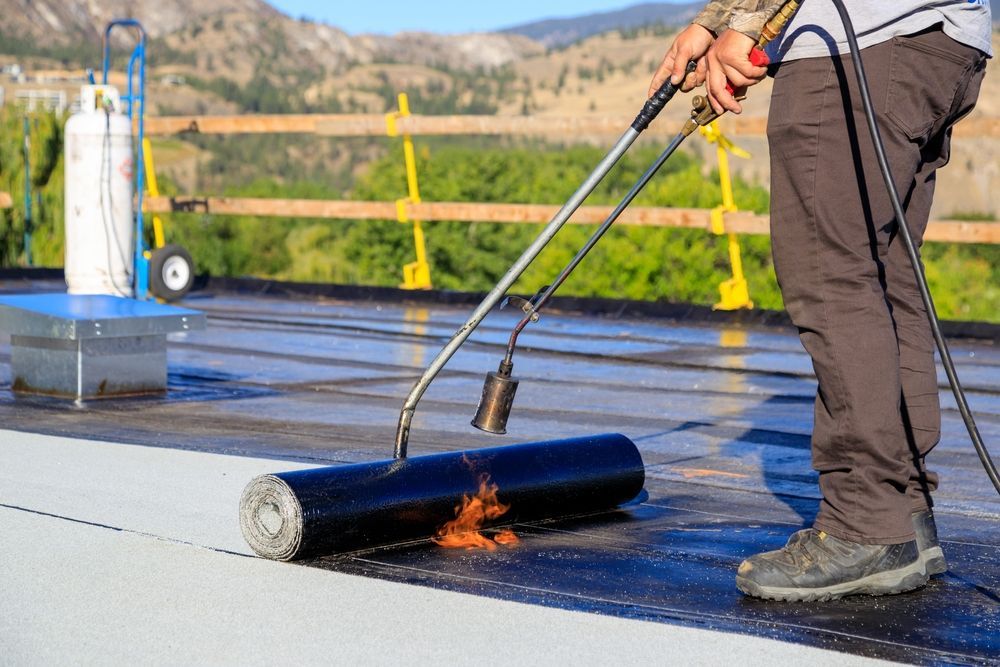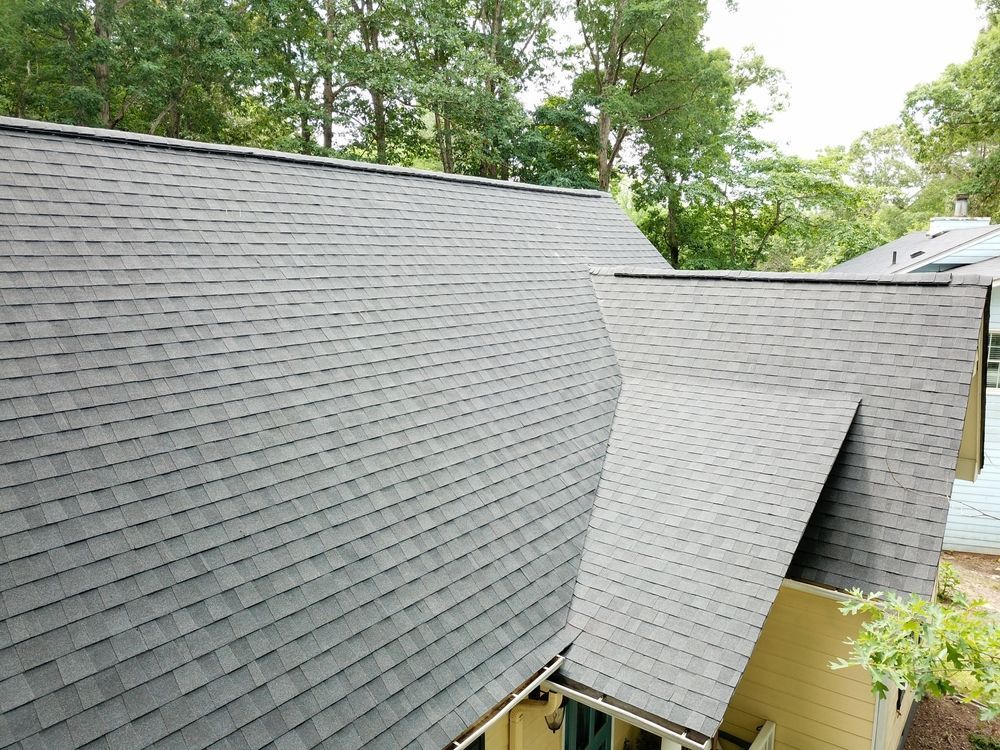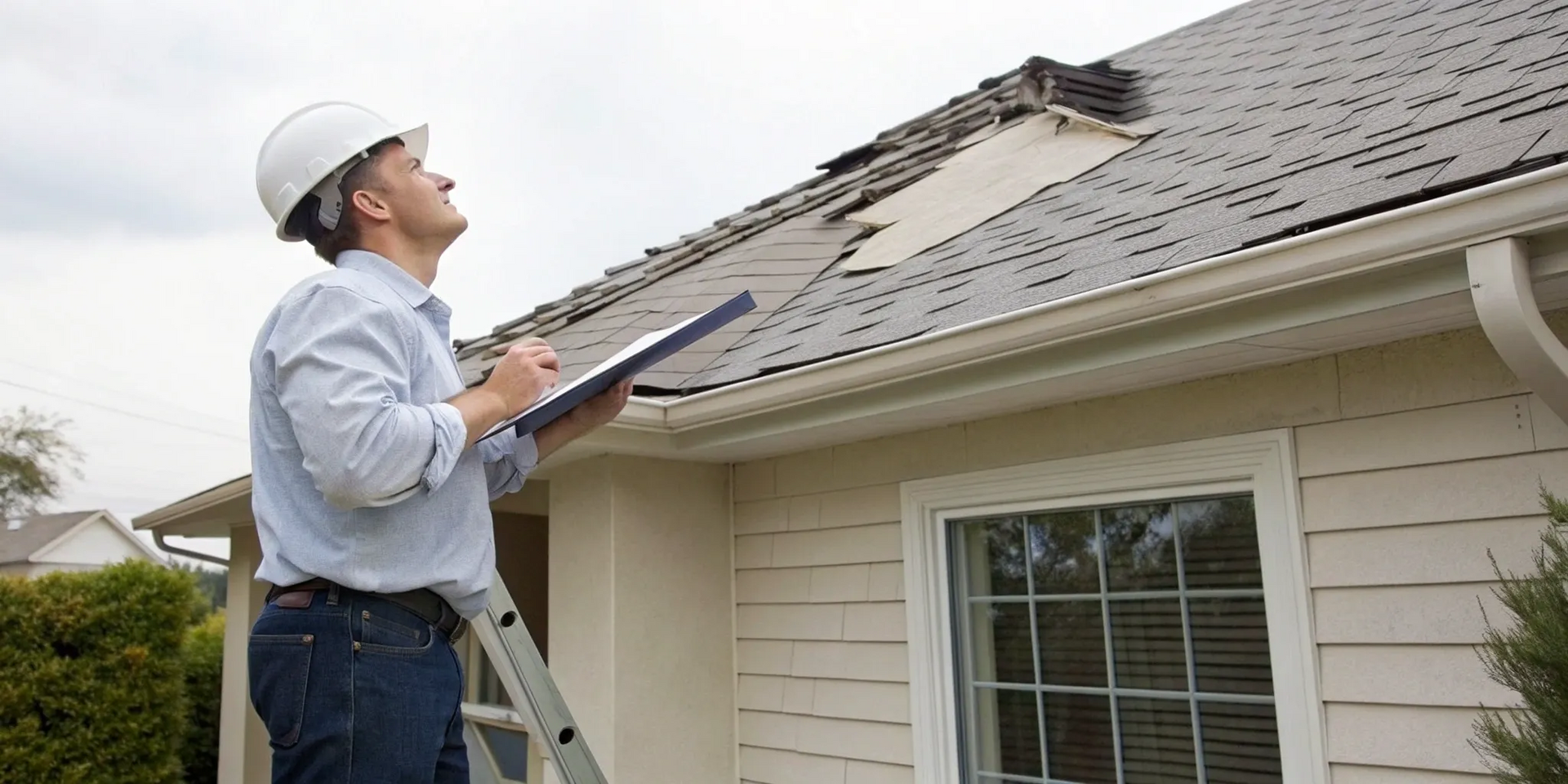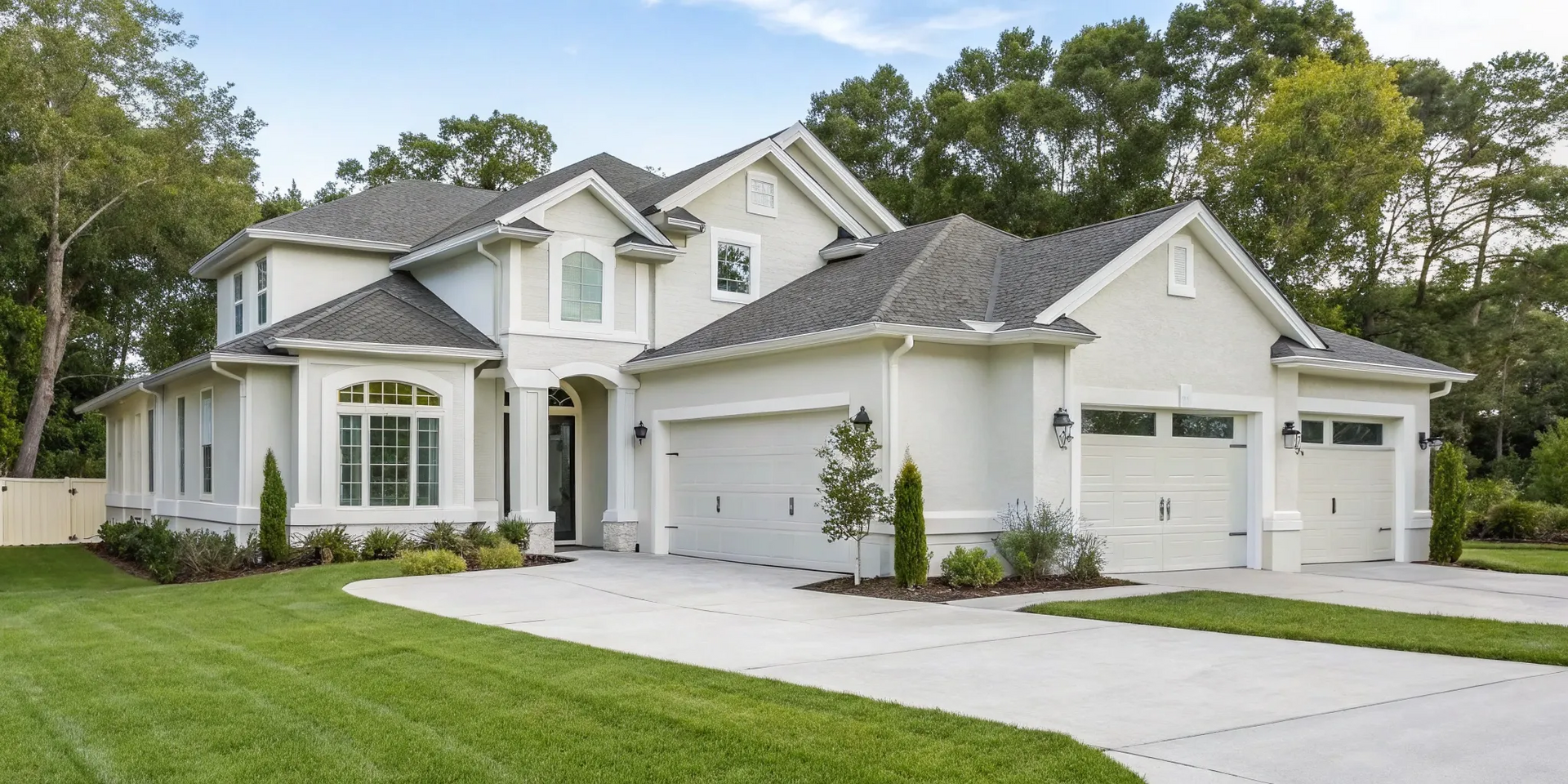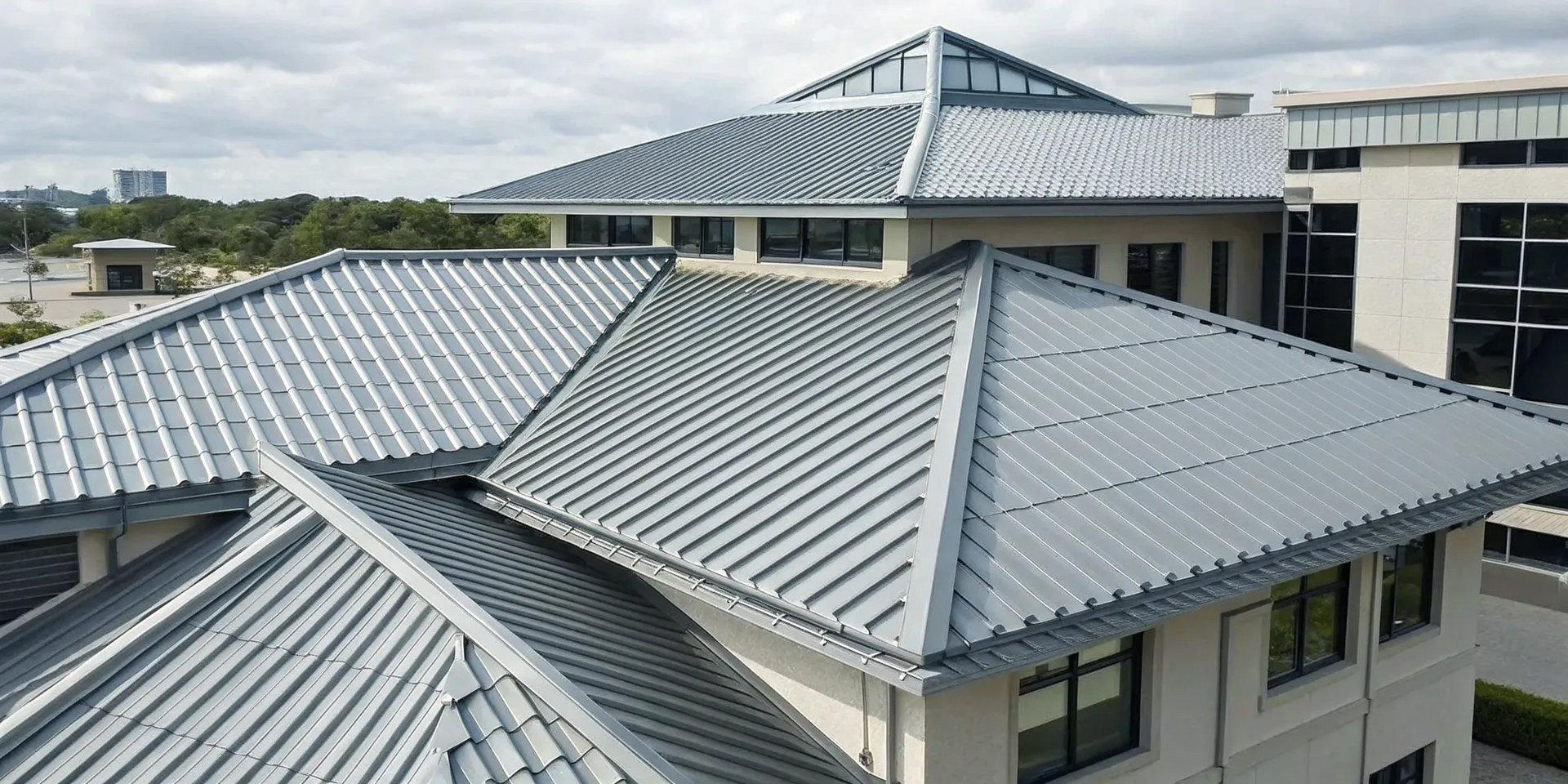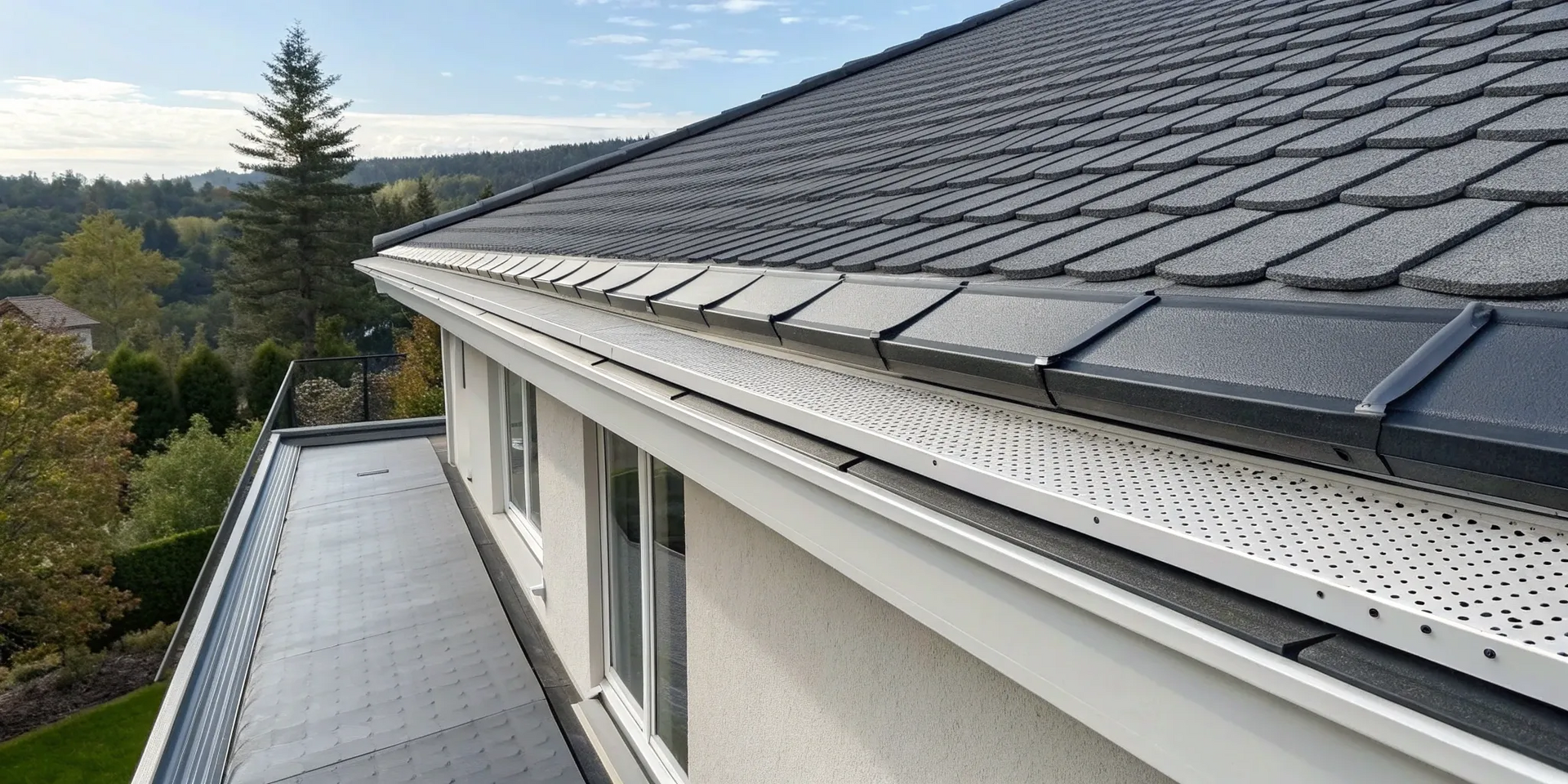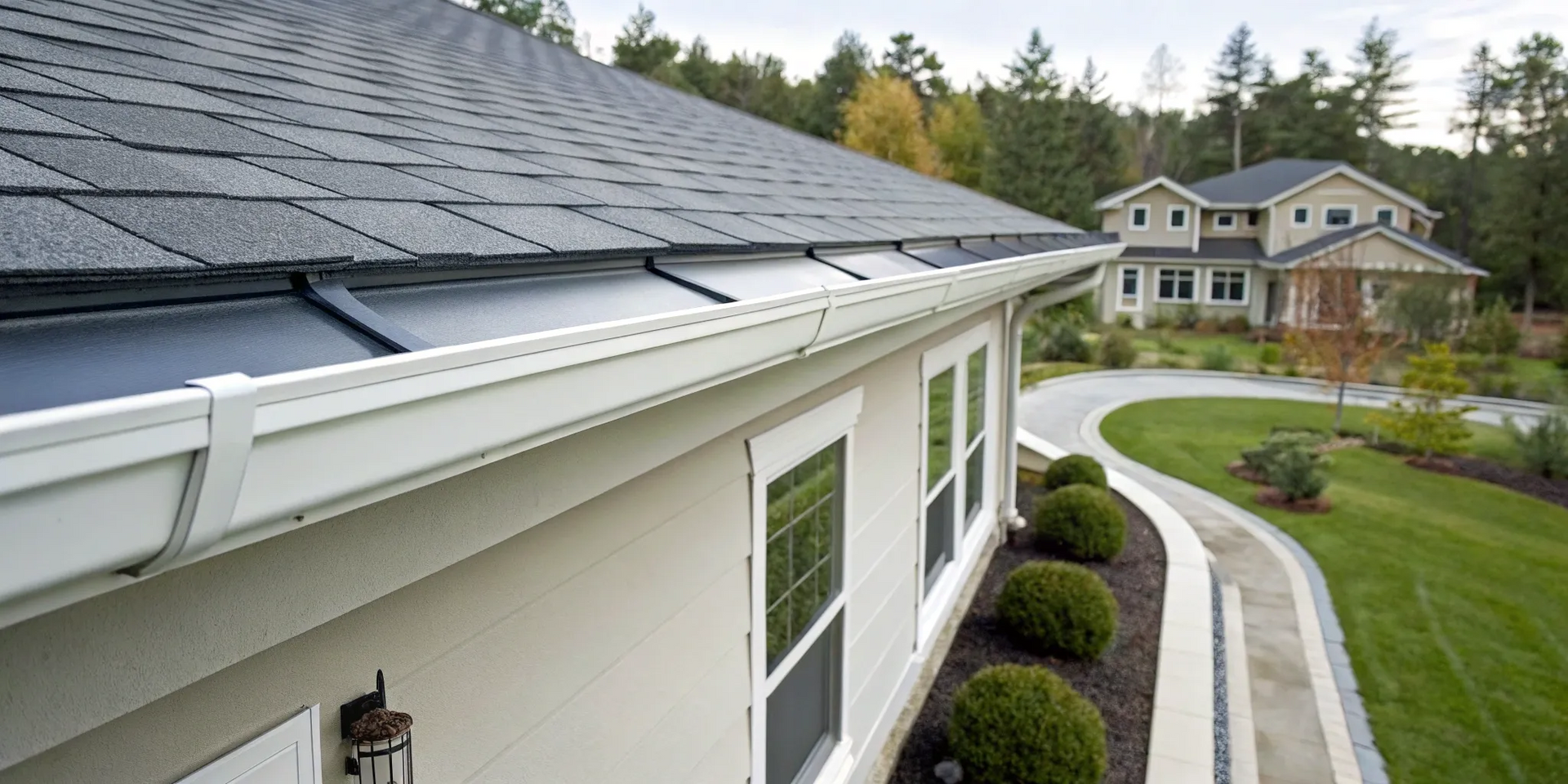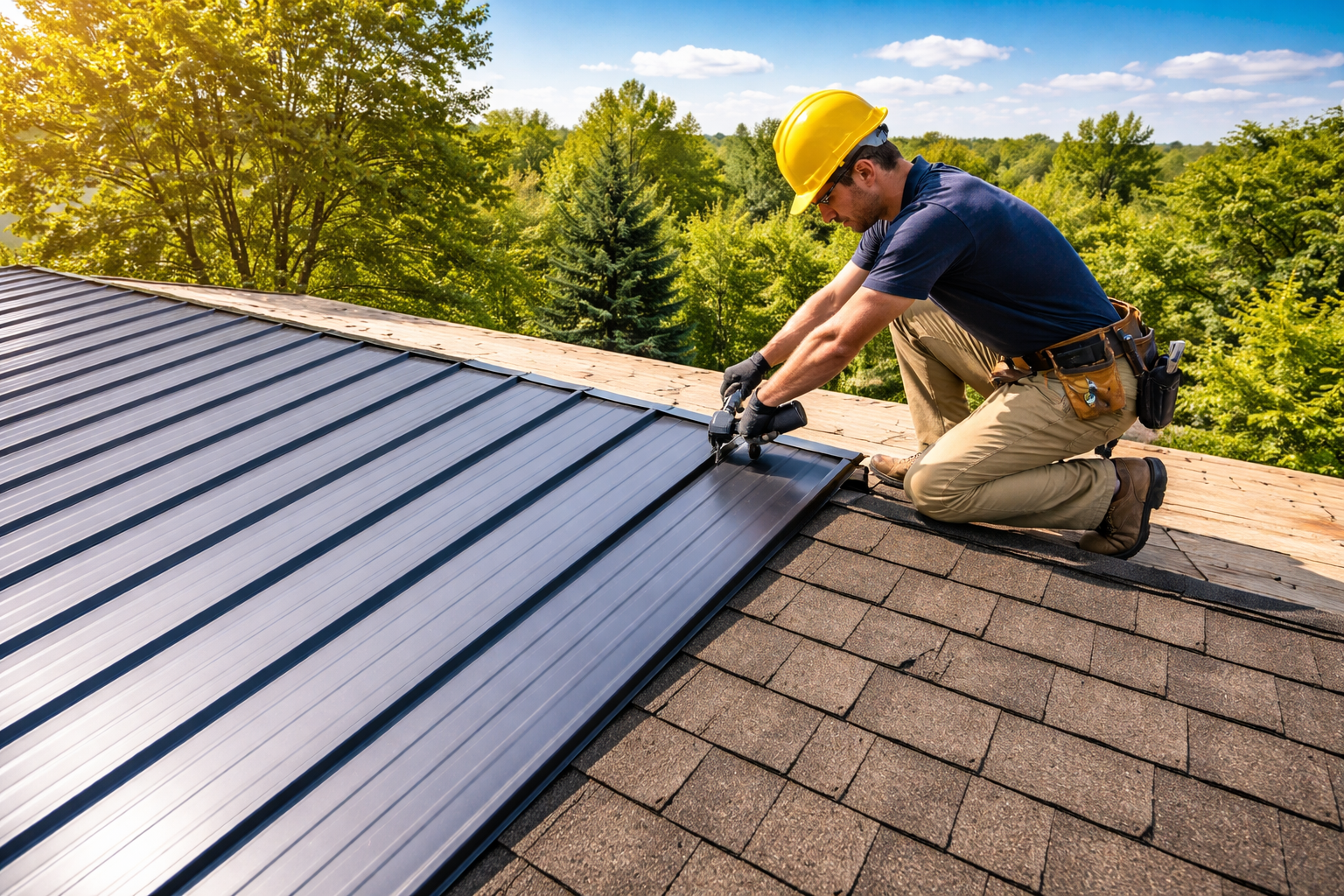What to Know About New Roof Costs in Atlanta This Year
Like most homeowners, you know that down the line, you'll have to replace one or more of the major components of your house. For example, replacing the HVAC unit, repairing plumbing and electrical systems, and remodeling are almost certain requirements when you live in a home for many years. Another replacement that's virtually sure to be required is the roof. Decades of storms, hot summers, and even wildlife can wreak havoc on any type of roof tile. Knowing how to budget for a new roof in Atlanta means knowing the facts before you begin.
A new roof is a significant investment, especially in Atlanta, where costs can vary widely. Understanding the average cost and key factors influencing roofing expenses will help homeowners budget effectively. This article will explore essential insights, including budgeting strategies and the importance of quality in roofing investments. By addressing these points, readers will gain clarity on how to prepare for a roof replacement and avoid common financial pitfalls associated with roofing projects. Ultimately, this guidance will empower homeowners to make informed decisions and make sure their investment stands the test of time.
Understand the Average Cost of a New Roof in Atlanta
The cost of a new roof in Atlanta involves several factors including current market rates for various materials, particularly options like CertainTeed roof tiles. Labor costs for roof replacement also play a significant role, along with typical additional expenses such as decking and warranty options. Understanding these elements helps homeowners effectively budget and plan for their roofing project.
Current Market Rates for Different Materials
The current market rates for roofing materials in Atlanta vary based on multiple factors, such as the type of roof and its efficiency. For example, a flat roof may utilize materials like TPO, which are designed to handle the region's climate effectively while reducing the risk of water damage. Homeowners often consider energy-efficient options that not only protect their home but also lower utility costs, offering long-term savings.
Breakdown of Labor Costs in Roof Replacement
Labor costs for roof replacement in metro Atlanta can significantly influence the overall budget. Hiring a skilled general contractor not only enables quality work but also helps manage these expenses effectively. Typically, labor accounts for a substantial portion of the project cost, and understanding these rates can help homeowners avoid unexpected financial surprises.
In cases where a leak is identified, additional labor costs may arise from repairs needed before new roofing materials can be installed. Homeowners should check their insurance policy as it may cover some repair costs, providing relief from out-of-pocket expenses. Being proactive about understanding labor costs can empower individuals to engage in discussions with contractors so they receive the best service at a fair price.
Typical Additional Expenses to Anticipate
Homeowners should be prepared for additional expenses that often accompany a roof replacement project. Beyond the base roof replacement cost, expenses can include necessary renovations such as decking repairs and underlayment installation. These costs can vary based on the existing condition of the roof and may impact the choice of roofing materials, such as tile or metal, which could provide longer-term benefits.
Another important factor to consider is the homeowner's insurance policy, which may cover certain repair costs. Understanding how coverage works can help homeowners handle unexpected expenses more effectively. It is advisable to maintain clear communication with roofing contractors so all potential additional costs are discussed upfront, helping to avoid surprises during the project.
Key Factors Influencing Roofing Costs in Atlanta
Several key factors influence roofing costs in Atlanta. Assessing the roof size and complexity is essential as larger structures or intricate designs can increase expenses. The roof pitch also affects labor and material costs. Material choices, such as selecting tiles or metal, carry different financial implications impacting both initial investment and market value. Additionally, weather conditions may affect installation timelines and potential damages.
Assessing Roof Size and Complexity
Assessing the size and complexity of a roof is crucial in determining the budget for roof replacement services in Atlanta. Larger roofs or those with intricate designs require more materials and labor, directly impacting the final price. For instance, a steeply pitched roof might demand additional safety measures during installation, increasing costs that homeowners should consider when planning their roofing projects.
Additionally, complex roof structures, such as those with multiple slopes or dormers, can complicate the installation process and potentially hide existing issues like mold or water damage. Engaging a skilled roofer to evaluate these factors can help identify hidden challenges and create a more accurate cost estimate. By understanding how roof size and complexity influence the overall price, homeowners can better prepare their budgets and choose the right solutions for their Atlanta roof needs.
The Impact of Roof Pitch on Cost
The pitch of a roof significantly impacts the overall expense of a roofing project in Atlanta. Steeper roofs often require additional safety measures and labor during installation, which increases costs. Moreover, higher-pitched designs present challenges with building insulation and require proper flashing to prevent wear and potential leaks over time.
Material Choices and Their Financial Implications
Material choices play a significant role in the cost of an Atlanta roof replacement. Selecting durable options such as metal or tile can enhance the roof's lifespan, making them a worthwhile investment despite their higher initial costs. Additionally, factors like roof pitch and proper ventilation can affect how materials perform against elements such as wind and rain, ultimately influencing long-term maintenance expenses.
Homeowners should consider the curb appeal of different materials, as this can impact property value. A roof's visibility makes the choice of color and style crucial. High-quality materials can provide better insulation and energy efficiency, reducing heating and cooling costs over time. Thus, making informed decisions about roofing materials not only affects the upfront budget but also contributes to a home's overall value and efficiency long-term.
Weather Considerations Affecting Installation
Weather conditions significantly impact roof replacement costs in Atlanta, particularly during the humid summer months. High humidity can prolong the installation process, leading to increased labor expenses and potential delays, which can affect the average cost of a roofing project. Homeowners should also consider how weather factors, such as rain or extreme heat, may influence the reliability of the roofing materials chosen for their gable or any other roof style.
Moreover, it's essential for homeowners to communicate with their insurance company about coverage for weather-related damages. Understanding policy details can provide insight into how weather may affect both current and future roofing expenses. Creating a budget that accounts for possible weather disruptions can help homeowners avoid unexpected costs for a seamless roof installation experience.
Budgeting Strategies for a New Roof in Atlanta
Homeowners should prioritize setting a realistic allocation for roof replacement, considering factors such as hail damage and the pricing of roofing materials. Exploring financing options can help ease the financial burden, while implementing strategies to save on roofing costs facilitates a more manageable budget. This section will outline practical insights related to these topics, enhancing the overall budgeting process for a new roof in Atlanta.
Setting a Realistic Allocation for Roof Replacement
Setting a realistic financial allocation for roof replacement is crucial for homeowners in Atlanta. Considering various materials, such as metal roofs or wood, significantly impacts the overall budget. A skilled roofing contractor can provide a detailed estimate, helping homeowners understand how different choices, like attic insulation and material preferences, affect total costs.
Homeowners should also factor in potential unexpected expenses when allocating their budget. During the roof replacement process, issues such as water damage or structural repairs may arise, necessitating additional funds. By anticipating these possibilities, homeowners can work with their roofing contractor to create a flexible budget that accommodates both the planned costs and any unforeseen challenges.
Financing Options Available for Homeowners
Homeowners considering a new roof in Atlanta should evaluate various financing options to ease the financial impact of their project. They may explore home equity loans or lines of credit, allowing them to utilize their property's built-up equity, particularly relevant for those with features like gable roofs or dormers. Additionally, many roofing material manufacturers, such as Owens Corning, offer financing plans that can help spread the cost over time, making it easier to manage expenses related to roof repair and replacement.
Another effective option involves local or federal assistance programs specifically designed for home improvements, which can provide additional funding to those who qualify. Homeowners should also inquire about contractor financing, where roofing companies offer payment plans to help customers afford the upfront expenses associated with installing new roofing systems. Taking the time to research and understand these financing avenues can significantly aid homeowners in budgeting for their roofing needs, alleviating some of the financial burdens while providing quality service and materials.
Tips to Save on Roofing Costs
To save on roofing costs, homeowners can consider selecting asphalt shingle options, which often present a more budget-friendly choice while still providing reliable protection against severe weather. Collaborating with a licensed contractor can help individuals understand installation fees and select cost-effective solutions, making sure quality is not compromised when budgeting for a new roof. Additionally, asking contractors about discounts or promotions can lead to savings that ease the overall financial burden.
Regular maintenance of the roof can also prevent more extensive repairs down the line, which is essential for managing costs. Homeowners should make sure skylight areas are inspected for leaks and that any damage is addressed promptly, as these factors can influence the longevity and performance of the roofing system. By being proactive about roof care and making informed choices, individuals can effectively budget for their roofing projects while safeguarding their investments from unexpected expenses.
The Importance of Quality in Roofing Investments
Quality materials, such as slate and metal, significantly influence long-term costs due to their durability against wear and tear. Choosing a reputable contractor ensures value through expert installation, while evaluating warranties can protect against depreciation and unforeseen expenses. Each of these factors plays a critical role in shaping a homeowner's budget and investment in a new roof.
How Quality Materials Affect Long-Term Costs
Choosing quality materials for roofing not only meets local building code requirements but also significantly reduces future risks associated with weather damage and wear. For instance, investing in durable roofing options like metal or slate provides protection against leaks, especially around vulnerable areas such as the chimney. This proactive approach in home improvement minimizes the need for frequent replacements, ultimately leading to savings over time.
Selecting a Reputable Contractor for Better Value
Selecting a reputable contractor plays a crucial role in achieving value for any roofing investment in Atlanta. A skilled contractor will provide expert recommendations on materials, from roof shingles to environmentally friendly options, while delivering top-quality installation techniques. Their ability to offer good customer service throughout the project can significantly enhance the homeowner’s experience, allowing for clear communication regarding project timelines and costs, including potential deductibles related to insurance claims.
Furthermore, a trustworthy contractor can guide homeowners in choosing the right materials, such as bitumen or other high-performance roofing products, tailored to their specific needs. By partnering with a contractor known for quality workmanship, homeowners can avoid issues that lead to costly repairs down the road. Investing time in selecting a qualified contractor will pay dividends in terms of durability, aesthetics, and overall satisfaction with the new roofing system.
Evaluating Warranties and Their Impact on Budget
Warranties play a significant role in budgeting for roof replacement in Atlanta, as they can directly impact long-term costs. When homeowners receive a roof replacement estimate, they should carefully review the warranty options offered by roofing contractors. A comprehensive warranty can enhance the durability of the roof by covering repairs for specific periods, thus reducing the risk of unexpected expenses associated with weather damage or material failures.
Homeowners should also consider the implications of warranty coverage on their inspection schedules. Regular inspections help maintain the roof's integrity and make sure any issues are addressed promptly, which aligns with warranty requirements. By prioritizing warranties and inspections, individuals can make informed decisions about their roofing investment, ultimately leading to better value and fewer out-of-pocket costs over time.
Preparing for Roof Replacement in Atlanta
Before embarking on a roofing replacement project in Atlanta, homeowners should consider several key steps. Understanding the necessary permits and inspections maintains compliance with local regulations. Additionally, discussing essential factors with the roofing contractor, like insurance coverage and contract details, will help set realistic expectations for the project's longevity and costs. These preparatory actions contribute to a smoother roofing experience.
Key Steps Before Starting a Roofing Project
Before starting a roofing project in Atlanta, homeowners must prioritize obtaining the necessary construction permits. This guarantees compliance with local building codes and safety regulations. Consulting with the roofing contractor about permit requirements can help streamline the process, preventing delays that often arise from inadequate planning.
Another vital step involves assessing safety measures for the project. Homeowners should discuss the safety protocols with their contractor, confirming proper equipment and procedures are in place to protect workers and the property. By prioritizing both construction standards and safety, homeowners can provide a smooth roofing experience while minimizing potential risks.
Understanding Permits and Inspections in Atlanta
Understanding the local permits and inspections required for a roofing project in Atlanta is a critical step for homeowners planning to budget effectively for their new roof. The city mandates certain permits for roof replacements, which maintain compliance with building codes and safety regulations. Homeowners should consult with their roofing contractor to identify the specific permits needed and to facilitate the application process, preventing potential delays and additional costs during installation.
Inspections are also an essential part of the roofing process, making sure the work meets local standards. After completing the installation, a city inspector may evaluate the roof to confirm that it adheres to all safety guidelines. Being aware of these requirements allows homeowners to plan their budget accordingly, as inspection fees might apply. Clear communication with the contractor regarding inspection schedules can help streamline the process and avoid unanticipated expenses.
Factors to Discuss With Your Roofing Contractor
When preparing for roof replacement in Atlanta, homeowners should engage their roofing contractor in comprehensive discussions regarding materials and expected costs. Understanding the advantages and costs associated with different roofing options, such as asphalt shingles versus metal roofing, allows homeowners to make informed choices that fit their budget. Clear communication on material preferences can also help the contractor provide more accurate estimates, aligning services with the homeowner's financial expectations.
Additionally, it is crucial to discuss the scope of the project, including any necessary repairs or upgrades to underlayment or flashing that may arise. By addressing these factors upfront, homeowners can avoid unforeseen expenses later in the process. Contractors can offer valuable insights into potential costs for labor and materials, helping individuals prepare for a roofing project that meets both safety standards and personal preferences.
Future Considerations for Roofing Investments
Anticipating maintenance costs over time is essential for homeowners budgeting for a new roof in Atlanta. This section will explore the considerations between upgrading and repairing an existing roof, as well as how a new roof installation can positively impact property value. Each of these topics provides valuable insights for making informed decisions about roofing investments.
Anticipating Maintenance Costs Over Time
Homeowners in Atlanta should consider maintenance costs as an integral part of budgeting for a new roof. Regular roof inspections and maintenance can prevent larger issues, such as leaks or damage, which can lead to higher repair costs. By investing time and resources into ongoing care, individuals can extend the lifespan of their roofing materials and minimize unexpected expenses.
Additionally, different roofing materials have varying maintenance requirements that impact overall costs. For instance, metal roofs may need less frequent upkeep compared to asphalt shingles, which may require regular inspections and potential repairs. Understanding these differences can help homeowners make informed choices and adequately prepare for the lifetime costs associated with maintaining their roofing investment.
Upgrading vs. Repairing Your Existing Roof
Deciding between upgrading or repairing an existing roof involves careful consideration of long-term costs and benefits. Homeowners in Atlanta should evaluate the current condition of their roof and assess whether repairs can extend its lifespan or if a complete upgrade would provide better value over time. For instance, minor leaks may be manageable through repairs, but significant issues like decking damage might warrant a full roof replacement, improving overall property value.
Investing in a new roof often results in enhanced energy efficiency and reduced maintenance costs in the long run. Roof materials like metal or slate can yield a longer lifespan compared to asphalt shingles, making them worthwhile investments when replacing. Ultimately, homeowners should prioritize their needs, budget constraints, and the potential for increased resale value, making sure the decision aligns with their financial and structural goals for the property.
Assessing Property Value With a New Roof Installation
A new roof installation can significantly boost a property's value in Atlanta. Homebuyers often prioritize homes with quality roofing due to its importance in safeguarding against water damage and energy inefficiencies. Investing in durable materials, such as metal or tile, not only enhances curb appeal but also reassures potential buyers of long-term reliability, making the home more appealing in a competitive market.
The financial return on a new roof can be substantial, with studies showing that homeowners may recoup a significant portion of their investment upon resale. This increase in property value is particularly relevant in areas like Atlanta, where climate-related concerns make a reliable roof essential. By choosing a reputable contractor for installation, homeowners can guarantee their investment contributes positively to the home's overall worth, offering peace of mind for the future.
